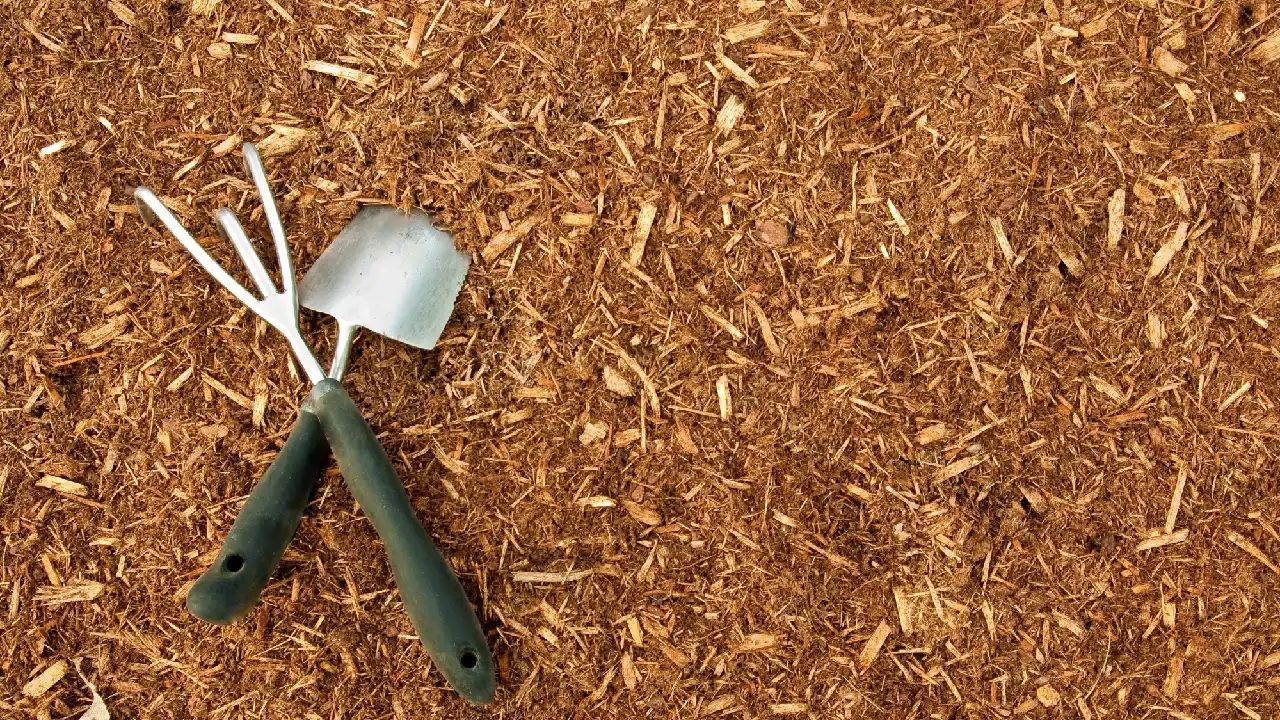NEWS
4 Uses for Mulch in Landscaping for Homes and Businesses

Whether you are looking to create a lush and vibrant garden or a professional and well-manicured lawn, mulch is a must-have tool for achieving your desired results.
With its many benefits, it’s no wonder that mulch is widely used by homeowners and landscaping professionals alike.
Read on to learn the uses for mulch.
1. Retention
It is ideal for helping with moisture retention because it helps to retain water and alleviate the water loss due to evaporation. Water loss due to evaporation is especially problematic in hot climates, so mulch is essential in keeping moisture in the soil.
The mulch also helps to reduce the need for frequent watering because it cuts down on surface runoff and blocks out sunlight which can dry out the soil.
2. Weed Suppression
Using mulch in landscaping for homes and businesses is an effective way to suppress weeds. Mulch helps block sunlight and provides competition for existing weeds and those that may take root.
Spread mulch at a minimum thickness of three inches and can be added annually to maintain complete weed suppression. Additionally, organic mulches, such as bark or wood chips, can be decomposed to provide vital nutrients to the soil, while other mulches, including gravel and rubber, can also be used in more decorative applications.
Finally, because they suppress weeds, they also help to reduce the need for herbicides and other chemical treatments when mulching for landscapes.
3. Soil Temperature Regulation
Mulch has many uses in landscaping for both homes and businesses. One of the main uses is to regulate soil temperature. Using mulch can help conserve moisture and keep the soil cooler in hot weather and the winter months.
It also helps keep weeds from growing and keeps the soil moist to reduce water loss from evaporation. In addition, South Texas mulch can help reduce the risk of soil erosion which would otherwise cause the landscape to become overgrown and unsightly.
Mulch also helps prevent plants and soil from becoming too dry and provides essential nutrients for growth. It is an economical and easy-to-use material that helps protect the soil and keep it at optimal temperatures. It can be used in both residential and commercial spaces.
4. Soil Improvement
When incorporated into the existing soil, mulch can improve its texture, drainage, and nutrient content. This leads to stronger and healthier plant growth. Utilizing organic mulch helps improve:
- Soil structure
- Increases essential nutrients
- Organic matter
- Reduces soil compaction
Additionally, it limits the growth of weed seedlings as well as provides insulation for the soil against temperature extremes.
Inorganic mulch such as stones, wood chips, and gravel can help reduce soil erosion, regulate soil temperatures, and reduce moisture loss from the soil. Either type of mulch can help reduce the need for fertilizers, resulting in more environmentally friendly landscape maintenance.
Whether one is looking to improve the soil in their back garden, corporate park, or golf course, mulch improves soil quality, prevents erosion, and fosters healthy growth in almost any type of landscape.
Learn About the Uses for Mulch Today
Mulch gives a great effect when landscaping residential and commercial properties.
From adding necessary nutrients to the soil to controlling temperature and minimizing weeds, it is a versatile and essential tool for landscaping. Its creative application can also add visual interest to any landscape.
Contact a professional landscaping service today to discover the many uses for mulch.
Did you find this article helpful? Check out the rest of our blogs!
Kenneth is a proud native of sydney, born and raised there. However, he pursued his education abroad and studied in Australia. Kenneth has worked as a journalist for almost a decade, making valuable contributions to prominent publications such as Yahoo News and The Verge. Currently, he serves as a journalist for The Hear Up, where he focuses on covering climate and science news. You can reach Kenneth at [email protected].










